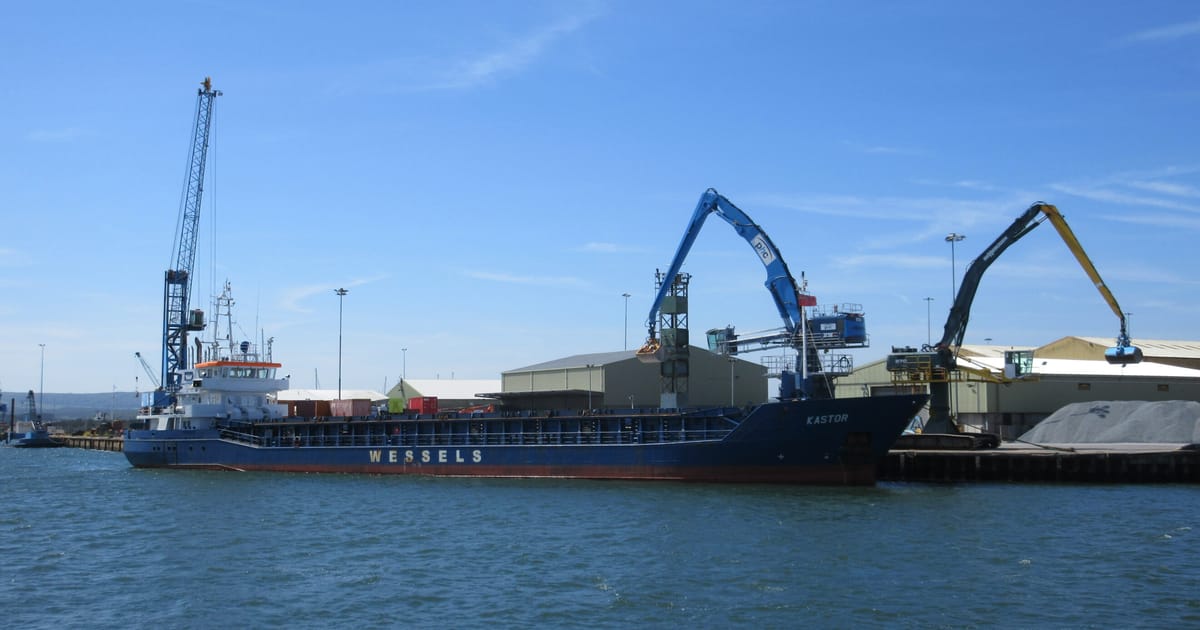*“It would probably be very useful for a basketball competition,” Poole Harbour Commissioners’ chief tells POLITICO. *
Sporting a high-viz jacket and a radiant smile, former Maritime Minister Charlotte Vere declared a £2.3 million Brexit border inspection facility in the port of Poole officially open for business.
Spanning over 2,000 square meters and boasting two large unloading bays, inspection rooms and refrigeration facilities, the new border control post was well equipped to deal with the expected influx of imports from the European Union.
Eight months on from the ribbon-cutting ceremony, however, and the atmosphere at the port is decidedly less jubilant.
Since the former Conservative government introduced physical checks on imports of plant and animal products from the EU in April, the border control post has conducted a grand total of two checks. This is certainly not what the previous administration had in mind when it splashed out £1.8 million on the facility through its post-Brexit Port Infrastructure Fund.



The idea that Britain needed sanitary checks for produce coming from the EU is hilarious - the EU not only has the same technological level and includes nations which are very similar or even beyond to Britain in terms of social and technological development, but also a lot of nations which are significantly warmer for most of the year than even the southernmost points of Britain and were any kind of biological contamination quickly grows into a problem, so its rules naturally tend to be the kind that both pays attention to material contamination (such as heavy metal contamination) AND biological contamination.
I expect the EU has actually better phytosanitary rules than Britain, thanks to this mix of awareness of the dangers of certain contaminants and actual greater need for it in the biological contaminant side (since in a Single Market all food has to be suitable for any place in that market, including the kind of countries with just the right average temperature for mold and bacteria to grow fast).
Now, if Britain imports food from outside the EU that transits through the EU (which means sealed containers which arenever considered as imported into the EU hence don’t have to obbey EU rules), then yeah, depending on the origin that’s might very well be needed.